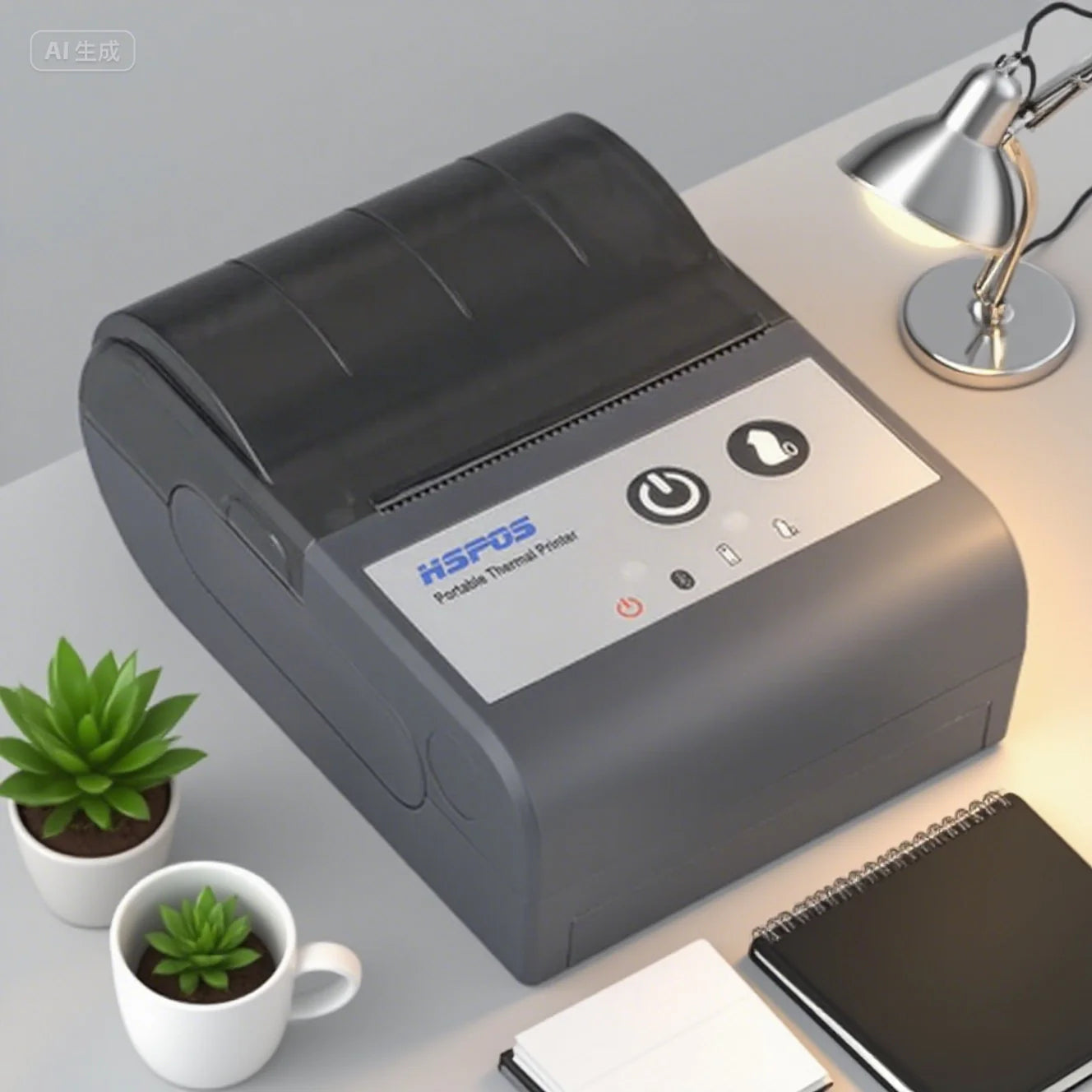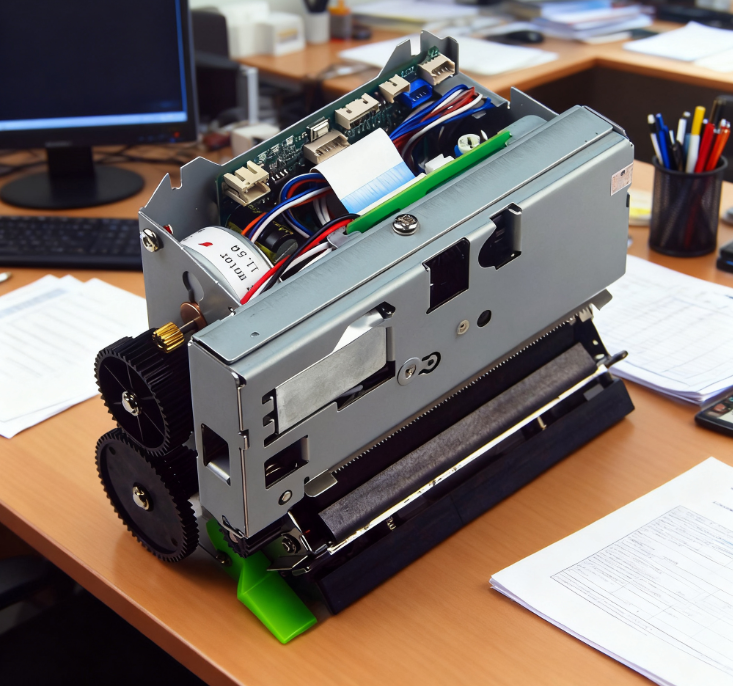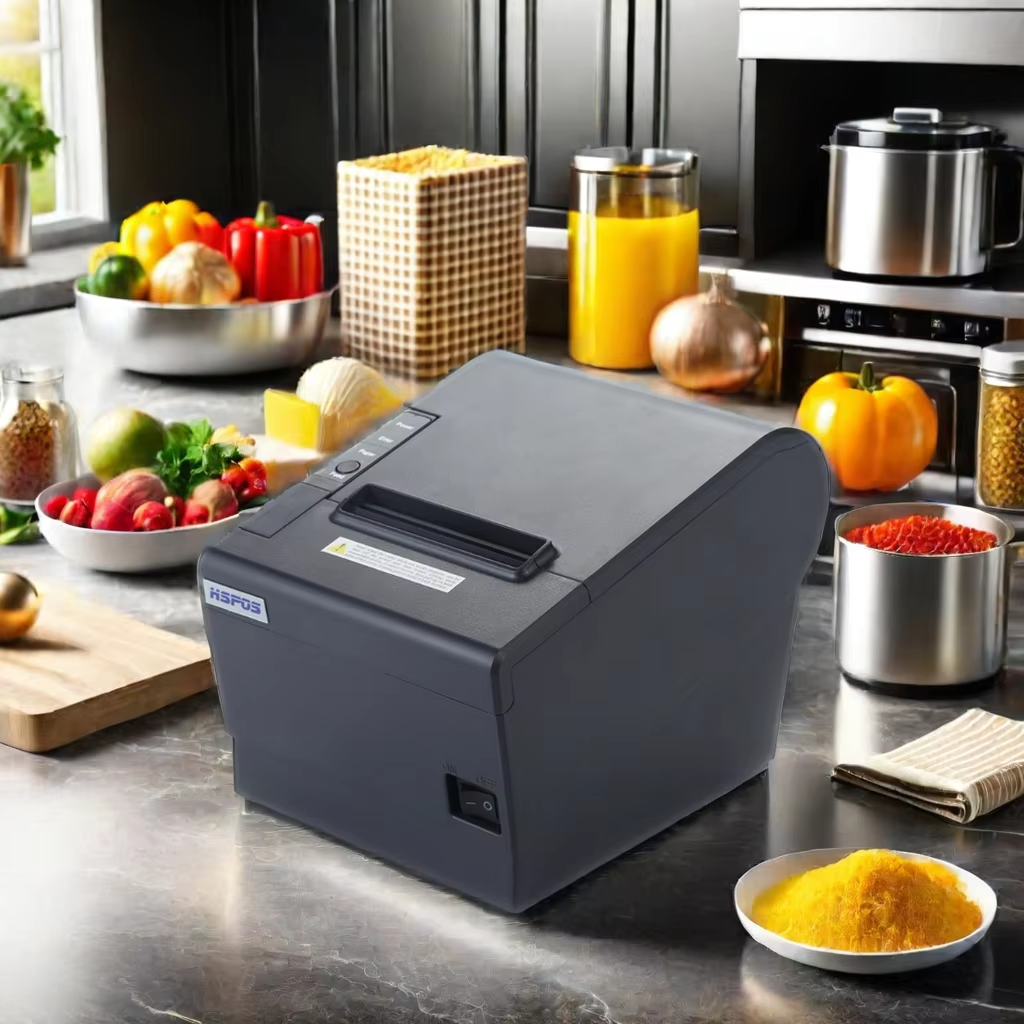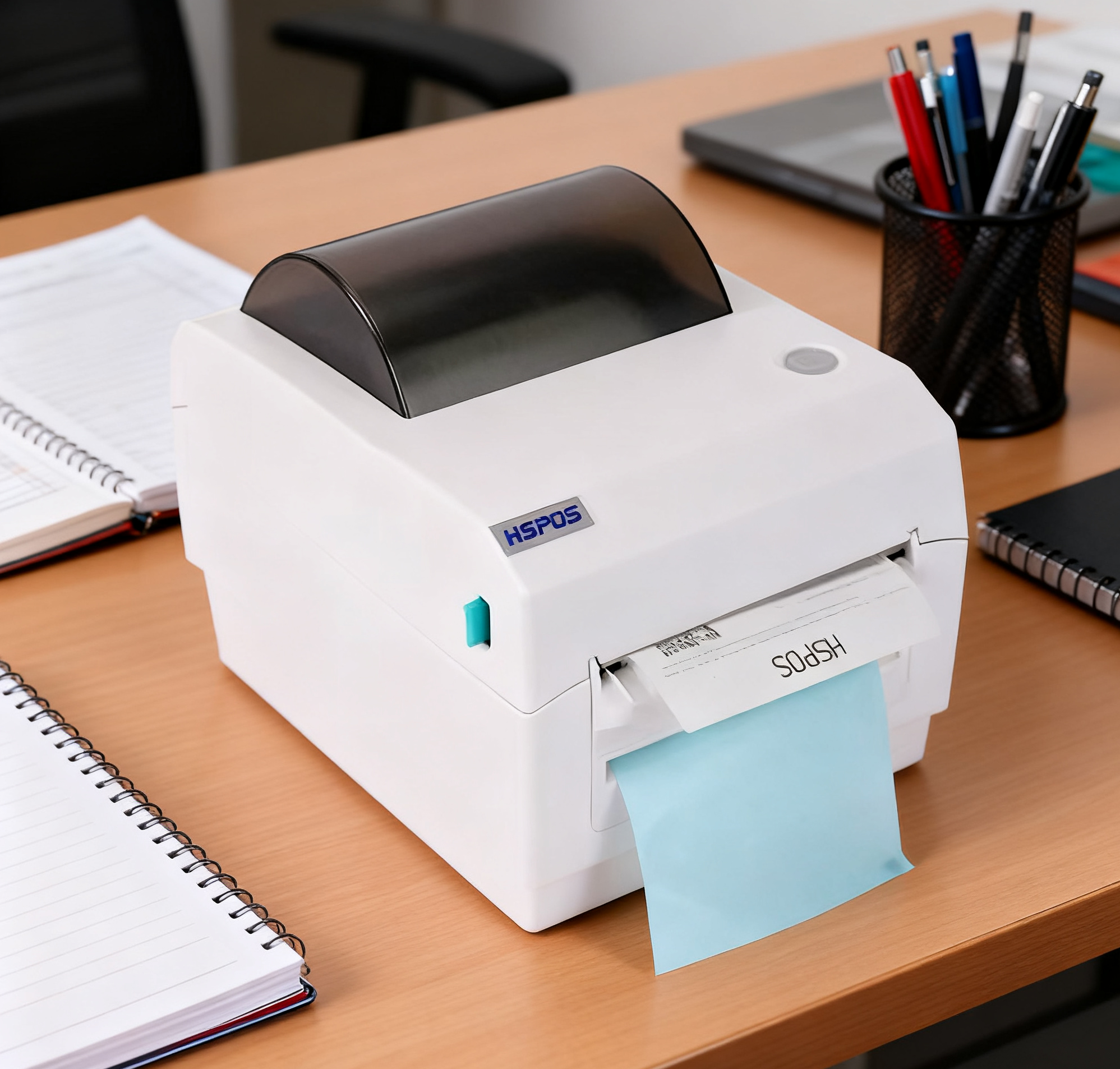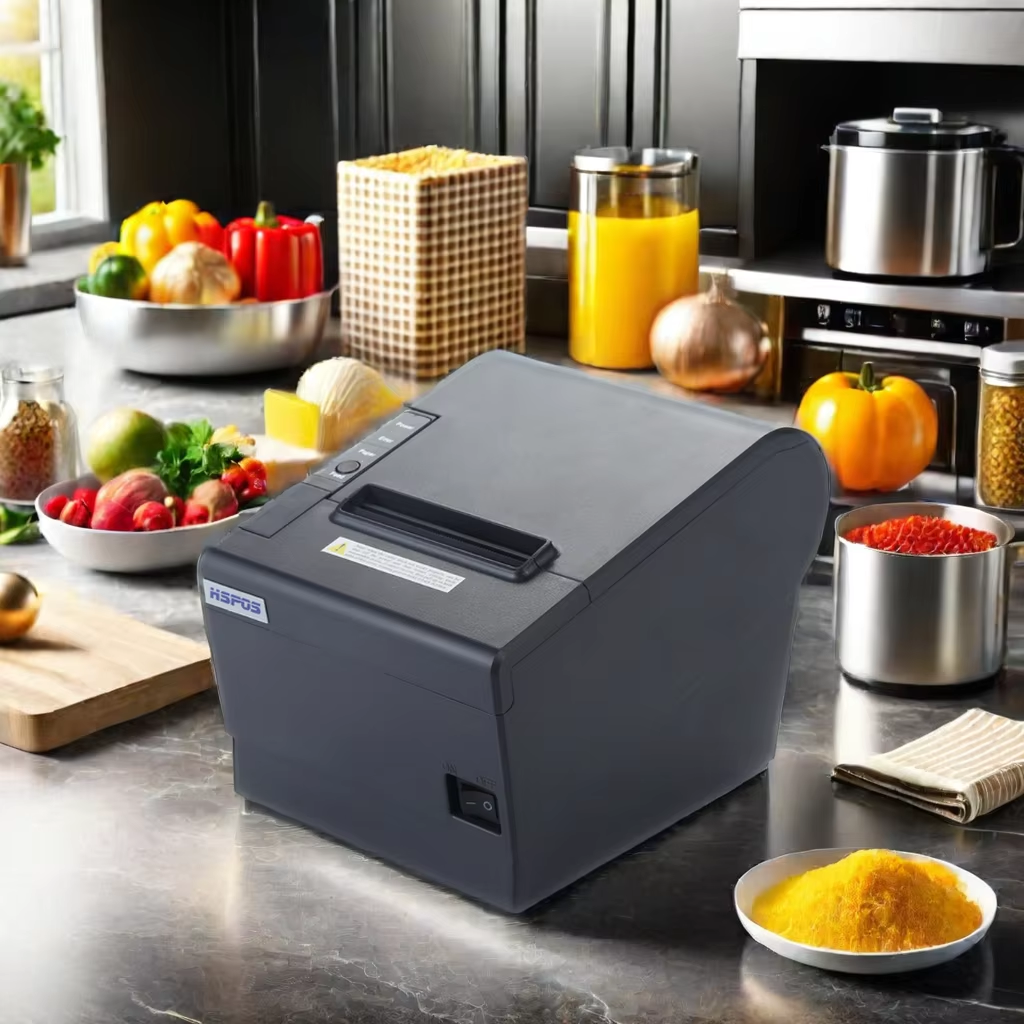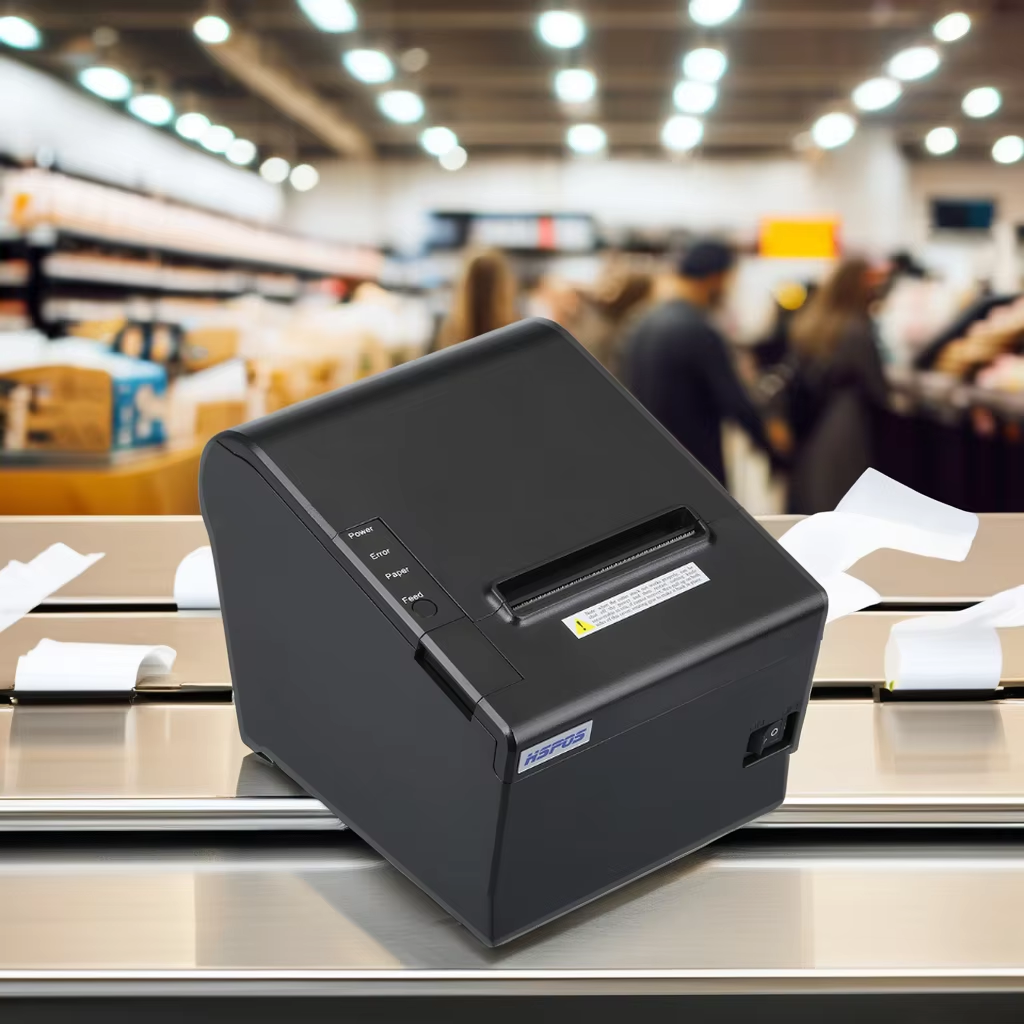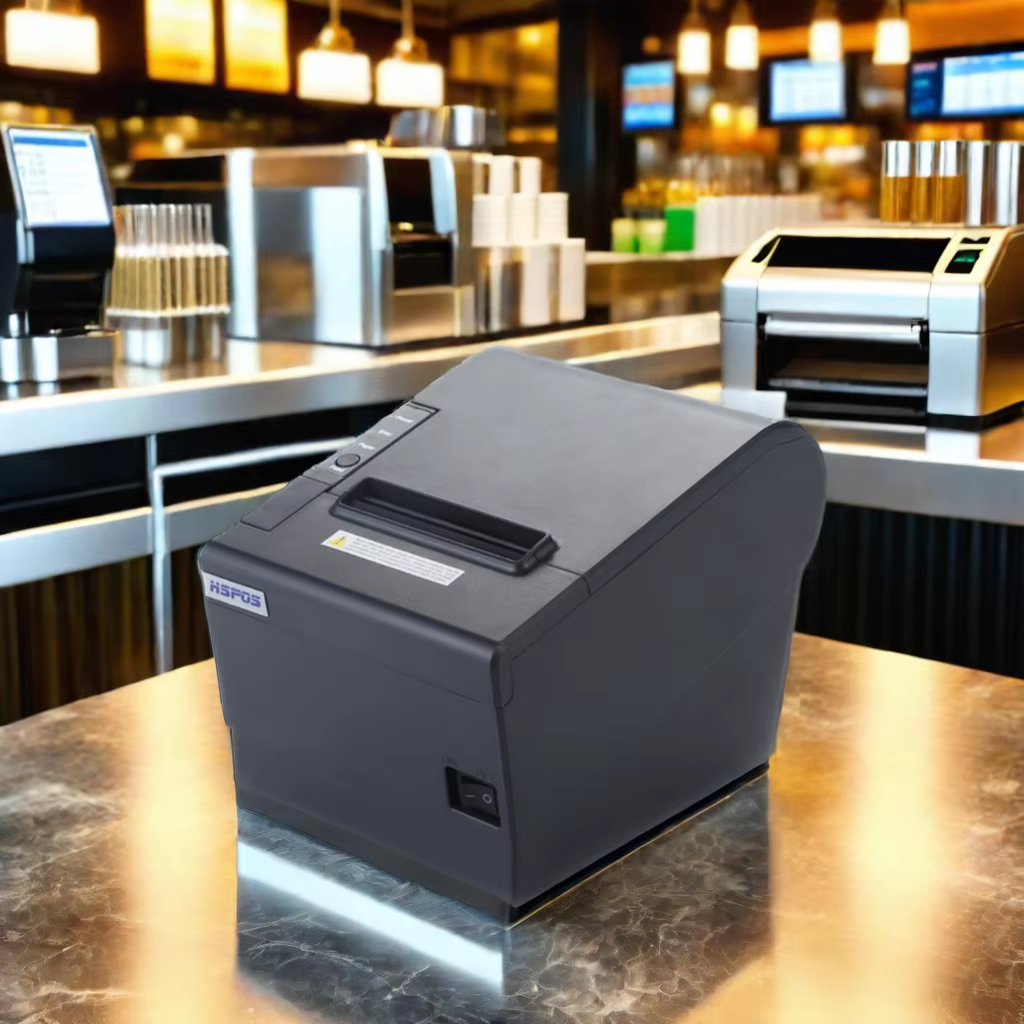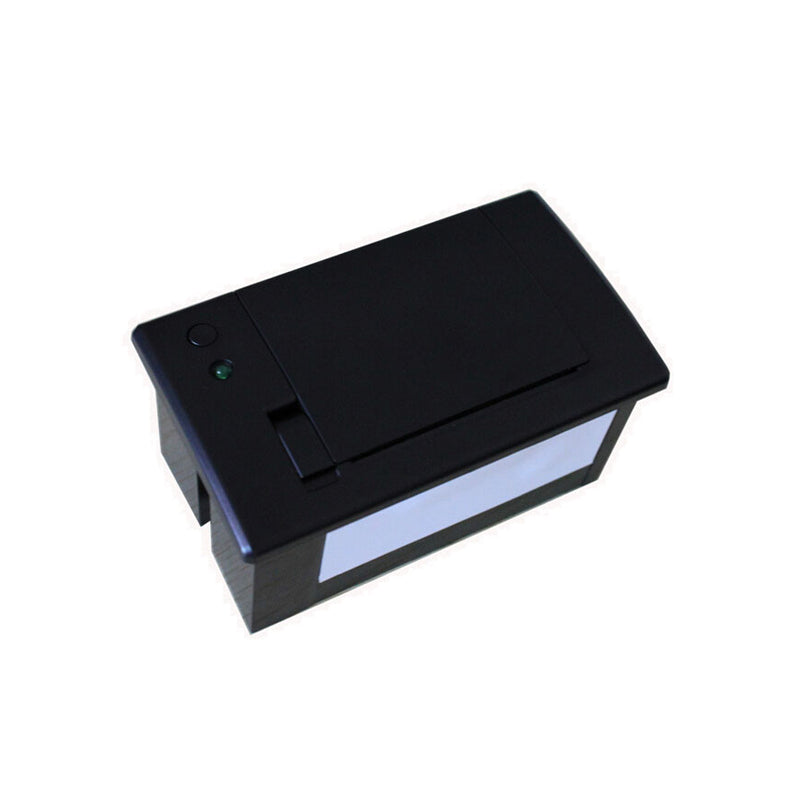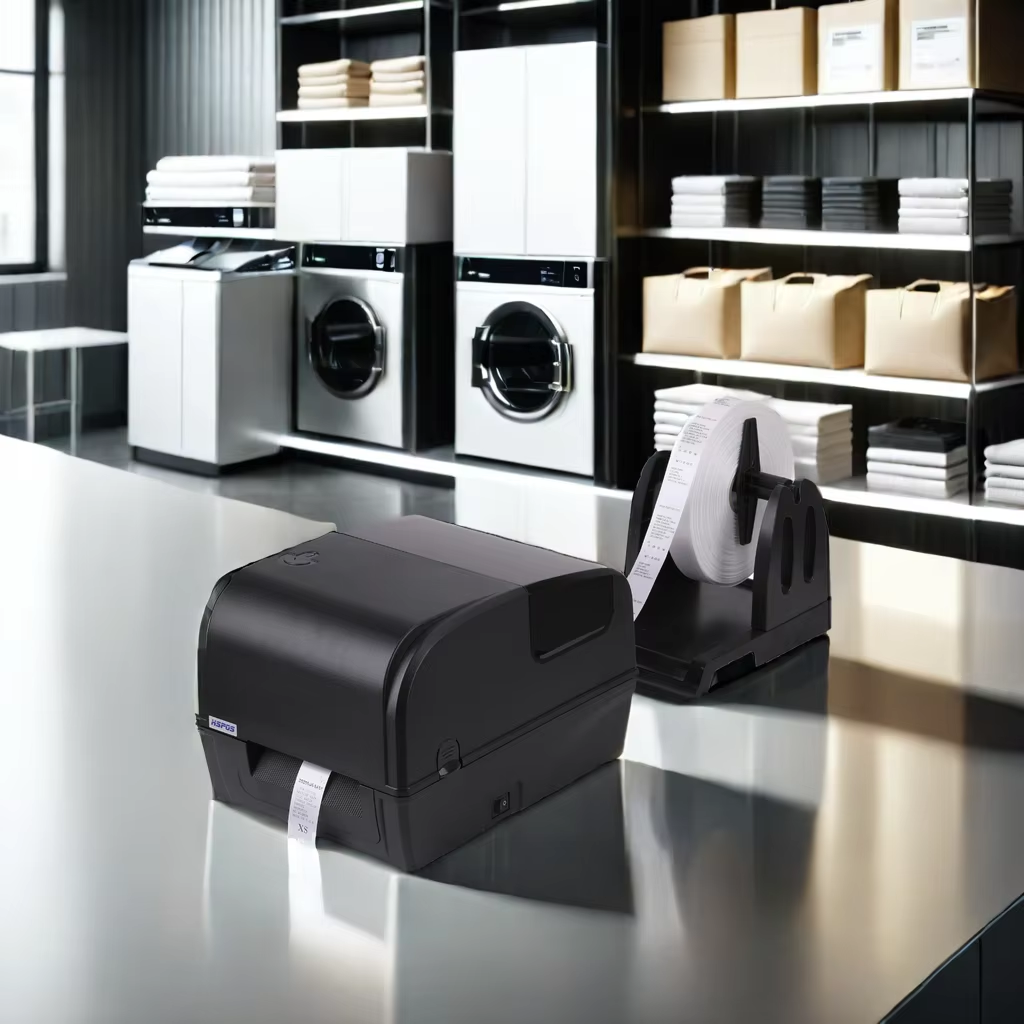For businesses sourcing thermal printers for global markets, certifications aren’t just paperwork—they’re proof of quality, safety, and compliance with international standards. A question we hear regularly from clients is: “Do your thermal printers have CE, FCC, and RoHS certifications?” Today, we’re proud to confirm: Yes, all our thermal printers meet these critical certifications, ensuring they’re safe, reliable, and legal for use across Europe, North America, and beyond. Let’s break down what these certifications mean, why they matter for your business, and how our commitment to compliance sets us apart.
In global trade, certifications act as a common language of trust. They verify that products meet strict standards set by regulatory bodies, protecting both businesses and end-users. Here’s why each certification matters:
Mandatory for products sold in the European Economic Area (EEA), CE marking confirms that our printers comply with EU health, safety, and environmental requirements. This includes electromagnetic compatibility (EMC) to ensure they don’t interfere with other devices, and low-voltage safety to prevent electrical hazards. For European clients, CE certification isn’t optional—it’s a legal requirement to import and sell products.
Required for electronic devices sold in the United States, FCC (Federal Communications Commission) certification ensures our printers meet radio frequency (RF) emission standards. This prevents interference with radio, TV, and other communication systems, making them safe for use in homes, offices, and industrial settings across the U.S.
RoHS (Restriction of Hazardous Substances) is a global standard restricting the use of hazardous materials like lead, mercury, and cadmium in electronic products. Compliance ensures our printers are safer to manufacture, use, and recycle, reducing environmental impact and health risks for workers and end-users. RoHS is mandatory in the EU, China, and many other countries, reflecting a commitment to sustainability.
As a 10+ year veteran in thermal printer manufacturing, we don’t view certifications as a one-time checkbox—they’re part of our core quality process:
-
Rigorous Testing: Every printer model undergoes third-party testing to verify compliance with CE, FCC, and RoHS standards before mass production. We share test reports with clients on request, ensuring full transparency.
-
Continuous Updates: Regulatory standards evolve, and so do we. We regularly review and update our manufacturing processes to meet new requirements, ensuring our printers stay compliant even as regulations change.
-
Global Market Access: By holding these certifications, our printers can be sold and used in key markets worldwide, eliminating barriers for clients exporting to Europe, the U.S., or other regions with strict standards.
Choosing our CE, FCC, and RoHS-certified thermal printers offers clear benefits:
-
Legal Compliance: Avoid fines, customs delays, or product recalls in target markets.
-
Quality Assurance: Certifications reflect our commitment to durable, safe, and reliable products.
-
Sustainability Credentials: RoHS compliance aligns with eco-friendly business practices, appealing to environmentally conscious clients and partners.
-
Global Compatibility: Use the same trusted printer model across international operations without reconfiguration.
Whether you’re a distributor supplying European markets, a U.S.-based retailer, or a global brand prioritizing sustainability, our certified thermal printers give you confidence that your equipment meets the world’s most rigorous standards.
Need copies of our certification documents or have questions about compliance for your specific market? Contact our sales team—we’re here to help you navigate global regulations with ease.
